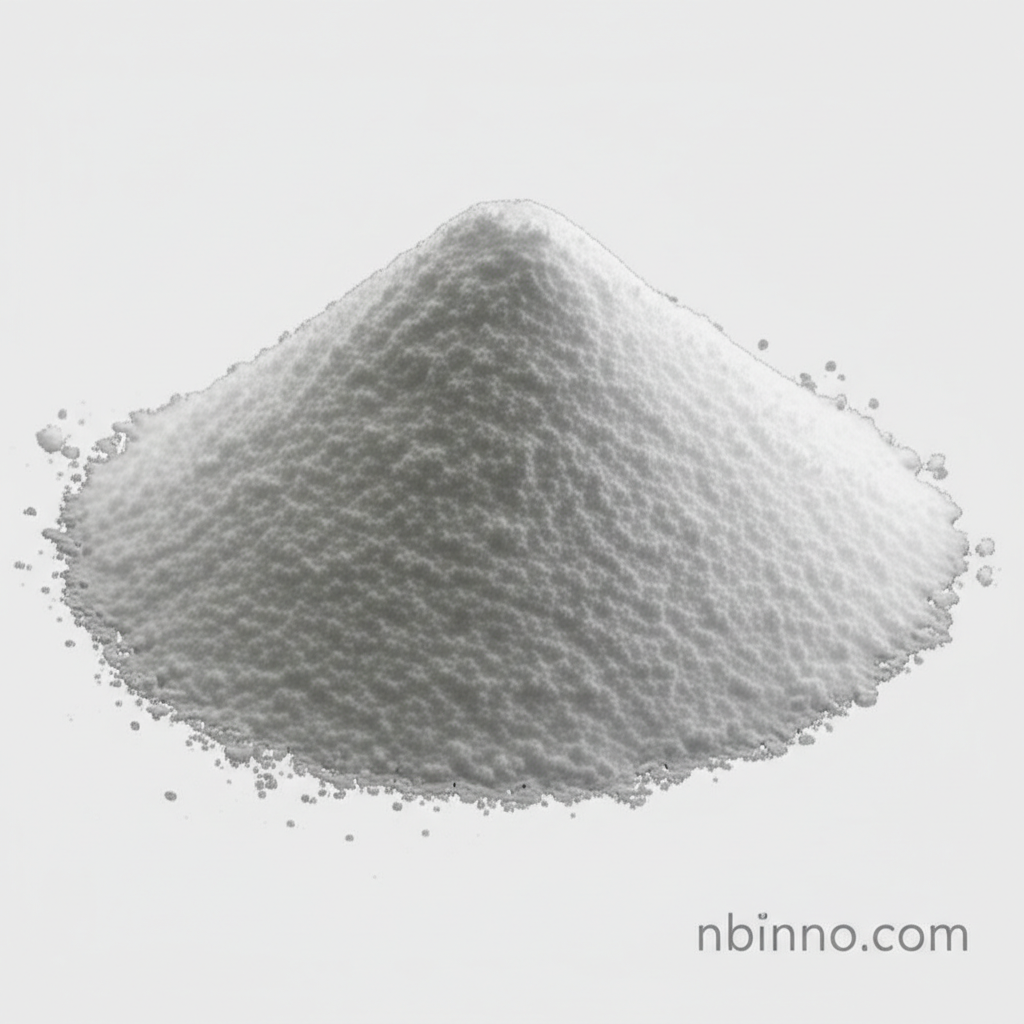DL-Tartaric Acid Monohydrate: Essential Chemical for Electroplating and Food Applications
Discover the versatile applications of DL-Tartaric Acid Monohydrate, a key ingredient in food and electroplating industries.
Get a Quote & SampleProduct Core Value

DL-Tartaric Acid Monohydrate
DL-Tartaric Acid Monohydrate (CAS 133-37-9) is a highly pure white crystalline powder, vital for its role as an acidulant in the food industry and as a pH stabilizer in electroplating. Its excellent solubility in water and ethanol, coupled with its stability in air, makes it a preferred choice for various industrial applications.
- Explore the diverse uses of DL-Tartaric Acid Monohydrate in industrial processes, offering a stable and reliable chemical solution.
- Understand the critical role of tartaric acid in electroplating, ensuring precise pH control and optimal plating quality.
- Learn how food grade tartaric acid functions as a versatile acidulant, enhancing flavors and stability in a wide range of food products.
- Discover the chemical properties of tartaric acid, including its high purity and solubility, crucial for effective application.
Key Advantages
Versatile Food Applications
As a food grade tartaric acid, it excels as a food acidulant, contributing to the desired taste profiles and shelf-life extension in various foodstuffs.
Industrial Electroplating Performance
The use of tartaric acid in electroplating ensures consistent and high-quality finishes, leveraging its properties as a pH stabilizer and complexing agent.
High Purity and Stability
With a purity of 99.5%min, this tartaric acid provides reliable performance across diverse chemical applications, maintaining stability under various conditions.
Key Applications
Food Industry
Utilized as a primary acidulant and flavor enhancer in beverages, confectionery, and baked goods, contributing to the overall sensory experience of food products.
Electroplating
Serves as a crucial pH stabilizer in electroplating baths, ensuring uniform deposition and bright finishes on metal surfaces.
Chemical Manufacturing
Functions as a complexing agent and intermediate in the production of various tartrate salts, used across different chemical sectors.
Tanning and Glass Industries
Plays a role in the tanning process and in certain applications within the glass industry, demonstrating its broad industrial utility.
